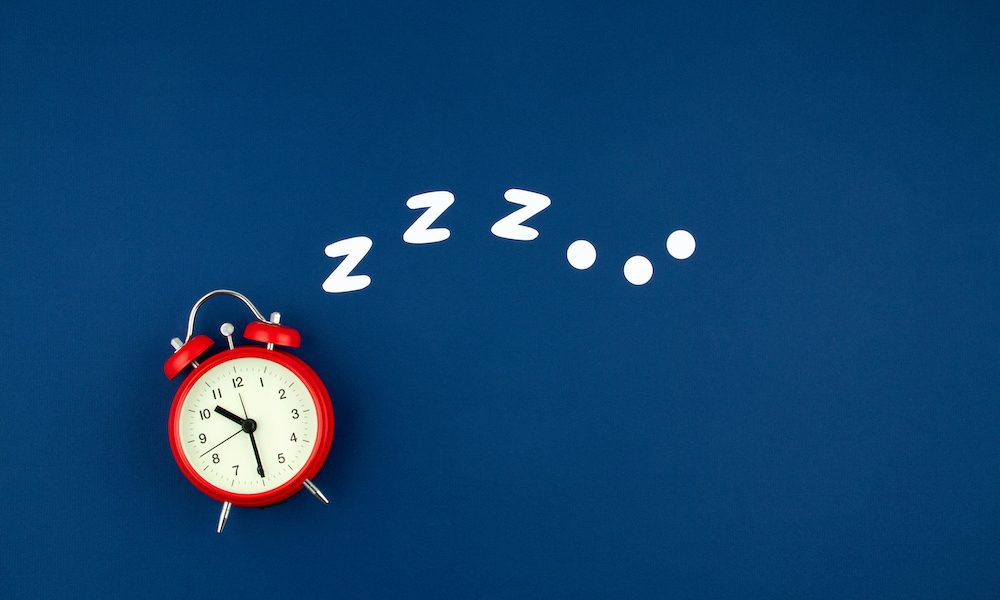
The need for more and better-quality sleep after sports-related concussion appears to be indicative of the brain’s healing process, a new study has concluded.
The research found that sleep appears to improve in the eight weeks immediately after concussion, including longer duration sleep, better sleep efficiency, and longer deep sleep as the recovery progresses.
Researchers from Flinders University point to the findings as illustrating the importance of sleep quality as part of the recovery process after concussion, or mild traumatic brain injury (mTBI).
“Little is known about sleep after a concussion, despite sleep arguably being the more important process to allow the brain to function optimally,” says Flinders University sleep researcher Dr David Stevens, who treats and researches sports-related concussion.
“We hypothesise sleep can be a key indicator of the the brain trying to repair/recover from the concussion.”
The results of this small-scale study gives credence to previous studies in animals showing that improving sleep supports recovery from brain injury, and therefore should be explored and monitored in detail for recovery and other effects of concussion such as loss of cognitive function, alertness and depression and anxiety.
Previous studies have linked deep sleep leads to neural plasticity, and activation of the glymphatic system that removes amyloid-β and τ-proteins, both of which are implicated in Chronic Traumatic Encephalopathy (CTE), a progressive and fatal brain disease associated with repeated traumatic brain injuries, including concussions and repeated blows to the head.
The new study was based on evidence collected from athletes who experienced a sports-related concussion, who underwent overnight sleep studies within seven days of the concussion in the acute stage, and again eight weeks after the concussion in the sub-acute stage.
As well as indicating better sleep in participants with a concussion compared to the population norm, the study also found that sleep appeared to further improve in the eight weeks after concussion compared to sleep immediately after concussion.
“We speculate that the improvement in sleep was an attempt by the brain to heal itself,” Dr Stevens says.
“More research in a larger population is needed to explore this hypothesis, and investigate other neurophysiological and neurocognitive measures to examine whether changes in sleep during recovery from concussion results in changes to other aspects of the head trauma.
“I am not only advocating for improved research in a range of areas in concussion, but also for players, clubs and organisations to stop treating concussion likes it’s a scratch or a ‘corky’, but rather a clinical issue that has potential ramifications worse than any dislocation or fracture.”








